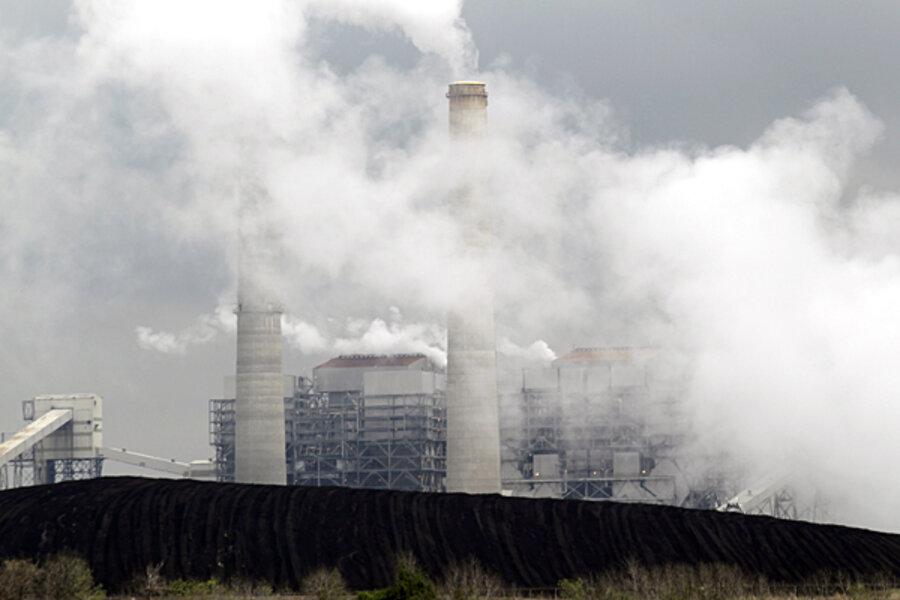Mercury emissions on the rise; UN calls for treaty
Loading...
Mercury pollution in the top layer of the world's oceans has doubled in the past century, part of a man-made problem that will require international cooperation to fix, the U.N.'s environment agency said Thursday.
The report by the U.N. Environment Program showed for the first time that hundreds of tons of mercury have leaked from the soil into rivers and lakes around the world.
As a result of rising emissions, communities in developing countries face increasing health and environmental risks linked to exposure to mercury, the U.N. agency says.
Mercury, a toxic metal, is widely used in chemical production and small-scale mining, particularly gold. It is a naturally occurring element that is found in air, water and soil, and it cannot be created or destroyed.
Mercury emissions come from sources such as coal burning and the use of mercury to separate metal from ore in small-scale gold mining, and mercury pollution also comes from discarded electronic and other consumer products. Mercury in the air settles into soil from where it can then seep into water.
The report, an update on its previous global tallies of mercury in 2002 and 2007, comes in advance of talks in Geneva next week between nations negotiating a new legally binding treaty to reduce mercury emissions worldwide.
Such a treaty would represent a major reversal from previous years when major powers including the United States, China and India sought voluntary reductions.
Mercury concentrations accumulate in fish and go up the food chain, posing the greatest risk of nerve damage to pregnant women, women of childbearing age and young children.
The report says parts of Africa, Asia and South America could see increasing emissions of mercury into the environment mainly due to small-scale gold mining, and through coal burning for electricity. It found thatmercury emissions from artisanal gold mining had doubled since 2005 due to factors such as rising gold prices and better reporting on the emissions.
Asia accounts for just under half of all global releases of mercury, the report said.
Over the past 100 years, mercury found in the top 100 meters of the world's oceans has doubled and concentrations in waters deeper than that have gone up by 25 percent, the U.N. agency said, while rivers and lakes contain an estimated 260 metric tons of mercury that was previously held in soils.
UNEP's executive director, Achim Steiner, said mercury pollution remains "a major global, regional and national challenge in terms of threats to human health and the environment" but new technologies can reduce the risks.







